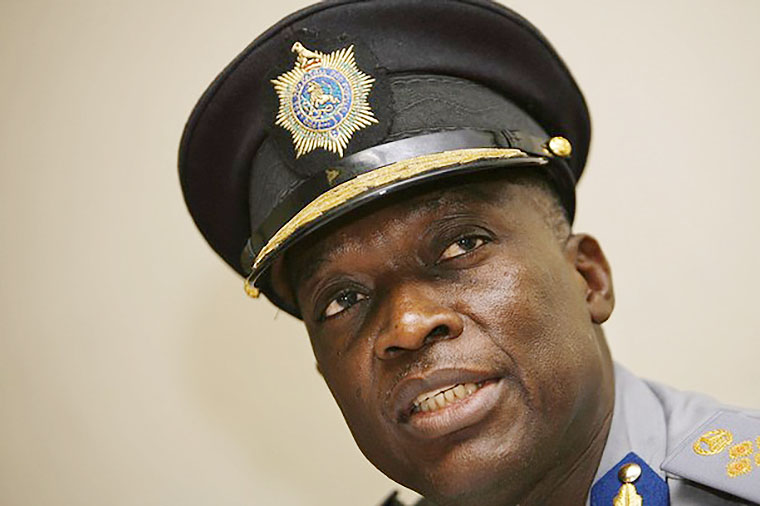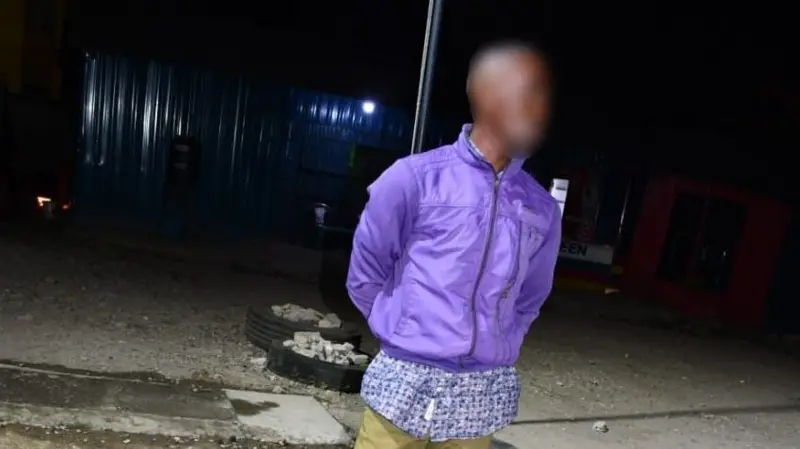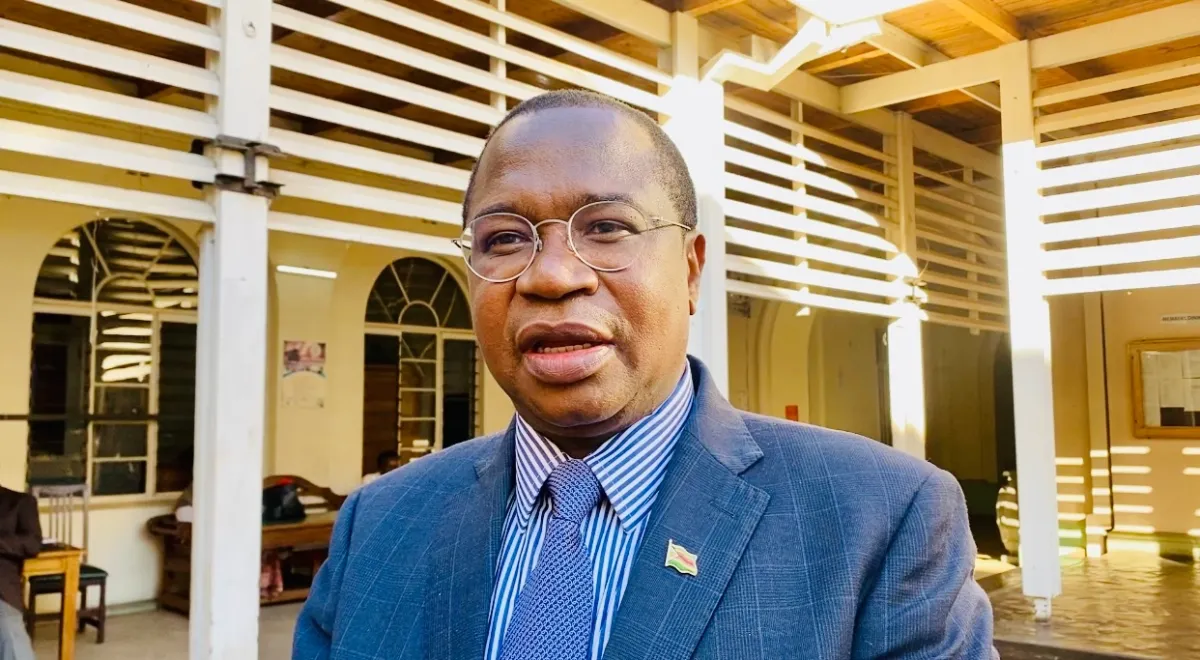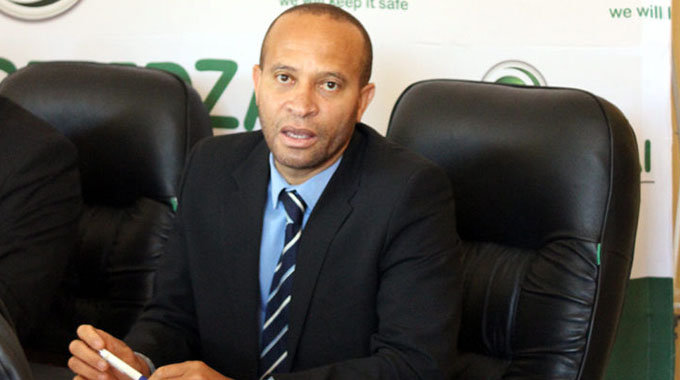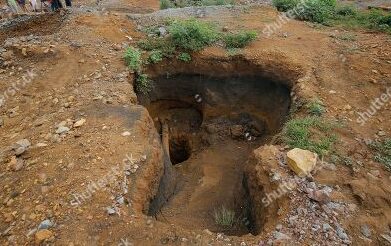BULAWAYO – One of the alleged triggers of a 2017 coup that ousted former President Robert Mugabe was based on false information, according to the former Police Commissioner General Augustine Chihuri.
Chihuri, as head of police, was Mugabe’s most loyal general, standing with the embattled leader right until the very end before he was ousted in a military coup in November 2017.
Reports in the wake of the coup claimed that former Zimbabwe Defence Forces commander General Constantino Chiwenga, now vice president, staged the coup after escaping an attempt to arrest him at the Robert Gabriel Mugabe International Airport as he returned from China on November 12.
Former Mugabe loyalist Jonathan Moyo, in his book ‘Excelgate’, described the popular claim “utterly false”, writing: “The Hollywood-like fiction about the purported arrest had been fabricated to create legendary myths as part of propaganda to popularise the military coup.”
Now Chihuri, in his first public comments since fleeing into exile to escape imminent arrest by his former colleagues, says the incident never happened. Instead, he says it was a lie told to Chiwenga by Godwin Matanga, who would become the new police chief following the military coup.
Chihuri filed a court challenge on Friday fighting attempts to seize his properties over alleged corruption. In an affidavit detailing his alleged persecution following the coup, he hammers Matanga in particular for harassing his family.
One particular claim does not sit well with Chihuri, more than two years after the coup.
“Matanga went on to lie to the then CDF (Chiwenga) that I wanted to arrest him upon his return from China at RG Mugabe Airport. This was not so but blatant lies to sow seeds of division and hate between me and the then CDF. Godwin Matanga did all this to secure his position. Godwin Matanga has made all sorts of allegations against me, lying shamelessly,” Chihuri says in court documents.
Chihuri, now living in exile in South Africa, is fighting attempts to seize his properties by President Emmerson Mnangagwa’s regime amid claims that he siphoned millions of dollars from the Zimbabwe Republic Police (ZRP), money which was mysteriously transferred to companies linked to his family or associates.
Through his lawyer Addington Chinake, Chihuri raises several constitutional issues about the manner in which the National Prosecuting Authority has set about hunting down his assets, and freezing them.
Chihuri says a June 12 ‘unexplained wealth order’ which requires him to prove his innocence against alleged criminal activity violates his right to presumption of innocence until proven guilty, guaranteed by section 70 of the constitution.
“By allowing the court to make an ex parte order which is final in nature against the applicants without affording them a right to be heard, section 37B(1) of the Money Laundering and Proceeds of Crime Amendment Act violates the applicants’ right to protection of the law as enshrined in section 56(1) of the constitution… and the right to a fair hearing as enshrined in section 69 of the constitution,” Chihuri says in the application also filed on behalf of his wife, children and five companies.
“By limiting itself only to people who hold property whose value is greater than US$100,000, section 37C(1) of the Act unfairly and discriminately targets the applicants on the basis of their social and economic status in violation of section 56(3) of the constitution.
“Section 37(B)1 as read with section 371 of the Act violate the applicants’ property rights as enshrined in section 71(2) of the constitution by taking away their liberty to deal with their property as they please on the basis of an unexplained wealth order which was filed, heard and granted in breach of the audi alterum partem rule.”
Chihuri denies corruption, and instead says he started his companies with the help of a loan from a local bank, and made millions from farming activities.
He also defends his wife who was a supplier for the ZRP, insisting that other spouses of police and military commanders were also granted such tenders – like Jocelyn Chiwenga who supplied the ZRP with traffic police sleeves and Mary Chiwenga who was the government’s travel agent.

